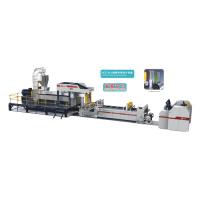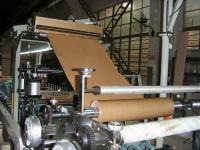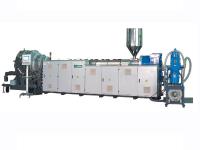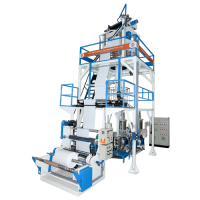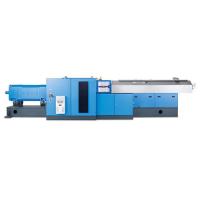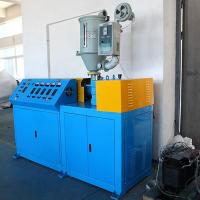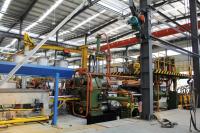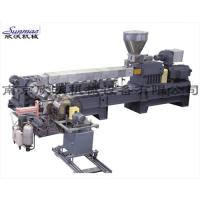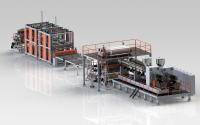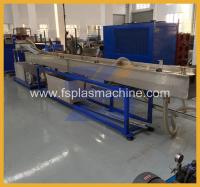產品規格
| Clextral Machinery | |
| New | |
| YES | |
| Others | |
| Gasoline |
Product Descriptions
Reactive extrusion is often positioned as a substitute for traditional methods that implement batch reactors. Reactive extrusion is generally more efficient. It allows to achieve “more with less” in terms of consumption of consumption of raw materials, reagents, energy and requires less investments. It is both more environmentally friendly and more economical.
Reactive extrusion processes offer many advantages :
More productive : continuous process with quick reaction times and short residence time
Simpler : reactor is derived from conventional plastic extrusion machines
More secure : reaction is confined and realized in a low reaction volume
More economical and ecological : reactive extrusion requires less capital investment and offers good environmental performance with lower energy consumption compared with processes equipped with batch reactors. Reactive systems are also more compact and therefore require less space.
What is reactive extrusion ?
The reactive extrusion process uses a continuous extruder-reactor (mainly a co-rotating twin screw extruder), with exceptional mixing capabilities at the molecular level. This design of extruder-reactor is ideally adapted to chemical reactions in viscous media (apparent viscosity > 100 Pa.s and/or variable viscosity), with good time-temperature control.
In a twin screw extruder-reactor, reactions occur either in homogeneous or heterogeneous phases:
Homogeneous phase reactions
Bulk polymerization
Chemical modifications of polymers: grafting, crosslinking, functionalization, depolymerization, etc.
Liquid phase reactions in classical organic chemistry
Heterogeneous phase reactions
Two-phase liquid-liquid systems, including casein-to-caseinate processing, saponification (increasing viscosity according to conversion rate)
Two-phase solid-liquid systems, including alkaline digestion of lignocellulosics, cellulose bleaching and solid-liquid separation, etc.
Enzymatic reactions
Biopolymer hydrolysis (starch and proteins)
HT 88 plastique
Reactive extrusion: sustainable technology
Reactive extrusion is a technology that allows to intensify processes with very positive economic and environmental benefits:
Intensified processing, enabling reduced residence time and energy savings thanks to an optimized heat exchange
Control of reactions, ijncluding pressure and temperature regulation
Compact design, requiring less footprint
Low processing volume (or confined reaction) with reduced amount of product in the extruder-reactor, hence improving safety for operators and reducing environmental risks
Consistent reactive processing, owing to continuous and repeatable processing (parameter recording and archiving)
Find out more: reactive extrusion serving the chemical industry



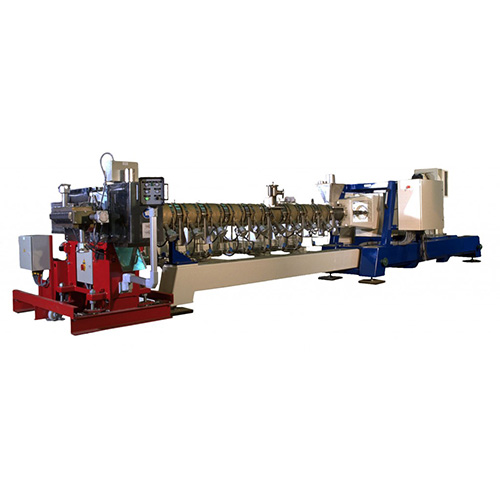
 使用 Abraa 安全交易系统进行安全可靠的支付
使用 Abraa 安全交易系统进行安全可靠的支付  \
\
